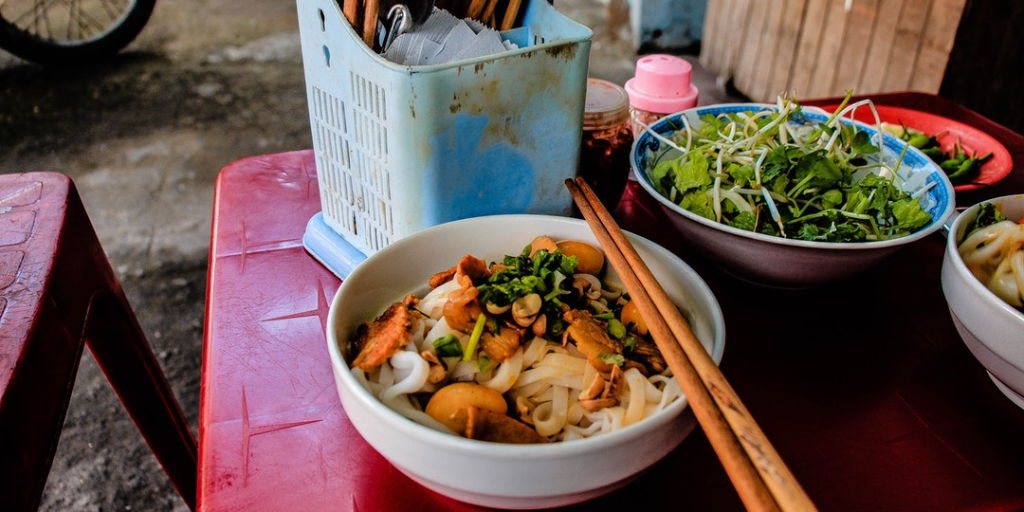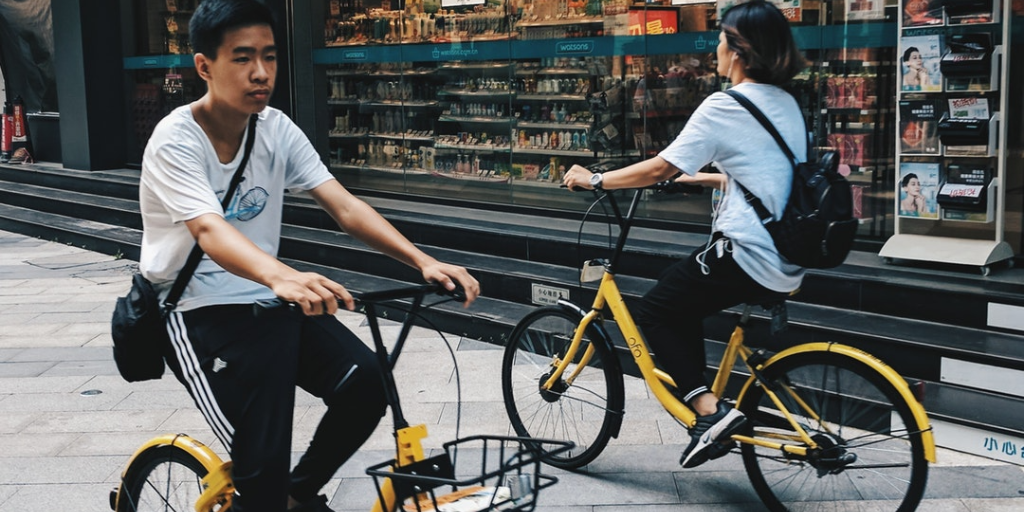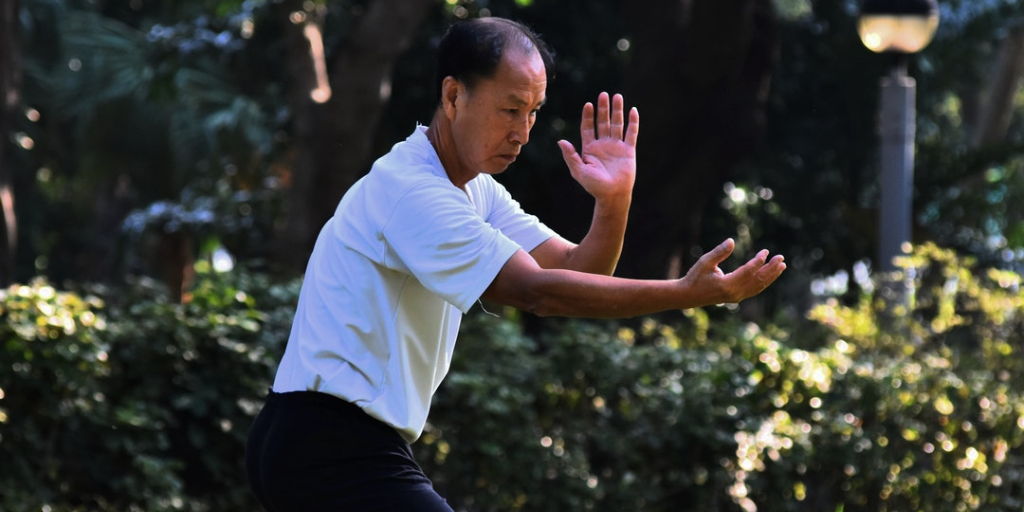The high demand for foreign English teachers in China means it’s possible to receive very generous salaries for minimal hours. Schools in most cities provide free accommodation and cover utilities, making it possible to save a large proportion of your monthly wage. Of course, saving money isn’t the main priority for most people who teach in China; exploring, taking part in cultural activities and eating out are all things that make the experience unique and memorable. However, if you’re hoping to put some money aside for holidays or your return home, you might want to save some of your hard-earned cash. To help you do so, we’ve put together some simple money saving tips that still allow you to make the most of your experience:
Eat, Drink and Shop Like a Local
Arriving somewhere as culturally different as China for the first time can be quite a shock. The wildly different habits, way of life and diet cause even the most resilient of travelers to give in to a western lifestyle. This is particularly tempting in larger cities like Beijing, Shanghai and Shenzhen, where western style restaurants, shopping malls and bars aren’t hard to find. No matter which Chinese city you find yourself working in, your English teaching salary will allow you to live a comfortable lifestyle. However, western luxuries come at western prices, and these are far less affordable even on a generous wage.
So, if you wish to keep costs to a minimum you should avoid eating in western restaurants, drinking at western coffee shops or bars, and shopping in western malls. Instead, try to live like a local; eat Chinese food at local family run restaurants, drink beer instead of spirits, tea instead of coffee, and do your shopping at markets or independent shops. If you know you will miss certain western products, try and take them from home where possible. For example, if you enjoy cooking, consider taking some sachet sauces from home to combine with fresh ingredients from your local supermarket. This is a cheap and easy way to eat a satisfying western meal that won’t break the bank!
Similarly, China doesn’t really have a drinking culture like we do in the West. Therefore, alcohol, particularly foreign spirits and wine, tends to be quite expensive. If you want to enjoy a drink without spending too much, consider doing it the Chinese way; drink beer, wine or, if you’re brave, baijiu while you eat.
Travel the Local Way
Taxi prices in China are extremely low in comparison to western countries. Depending on which city you’re in, a 10km journey can cost around 30 RMB (£3.50). While this sounds very appealing, remember that congestion in Chinese cities can be bad, and journey times can as much as triple at any time of day. If you’re looking to save money, consider switching the temptation of a taxi for the convenience of local transport. If you think taxi fares are low, then consider this; a 10+ km journey on the bus costs up to 2 RMB (£0.23), and a metro ride from one side of the city to another will cost a maximum of 9 RMB (£1).
In recent years, Chinese cities have seen an explosion of different branded bicycles on their streets. Ofo and Mobike are two of the most popular brands, and are basically bikes for public use that are locked and unlocked using an app on your phone. After paying a small deposit, a journey on one of these bikes costs next to nothing, making it the cheapest and most convenient way to travel short distances.
Travelling by public transport is a great way to save money, to see how the locals live and experience true China. Though the rush-hour crowds are extreme, it’s all part of life in China and makes the experience all the more authentic and rewarding.
If you’re hoping to visit different cities during your placement, try to travel by train where possible. Though you can find reasonably priced domestic flights, trains are usually the cheaper option. Ticket prices range depending on journey times, so check out the different options on websites like China Travel Guide, and read our guide on how to buy train tickets in China for more information.
Get discounts with WeChat or Alipay
WeChat, the most popular app in China, is as important for life in the Middle Kingdom as water is for survival. We’re not kidding. What began as a simple text messaging app is now the go to tool for a multitude of everyday tasks, ranging from booking transport tickets and taxis, sending money to friends, topping up your mobile and, most importantly, paying for goods and services.
WeChat Pay, one of the app’s most popular functions, is now used almost everywhere; from high end restaurants to independent street stall vendors. It’s an extremely convenient way to pay for goods and services; simply display your QR code for the cashier to scan and the payment will go through! You can even get discounts in certain shops and restaurants by using it to pay.
Alipay, China’s most popular online payment service, offers a similar solution and discounts are up for grabs when using this app also.
Exercise the Chinese way
Western style gyms are growing in popularity across China, but they still aren’t as big as in the West. Membership prices range depending on the gym and the city, but you can expect to pay a similar amount as you would back home. Again, this is not as affordable on a Chinese wage, so if going to the gym isn’t of utmost importance to you, consider exercising the Chinese way.
The traditional Chinese exercise system consists of far slower and less intense exercises than western ones. Rather than burning calories, building muscle and improving appearance, Chinese exercises like Qigong and Tai Chi focus on building energy, strength and cleansing the body. The idea is that through maintaining a daily exercise routine like this, you will be extremely healthy. Go to almost any park in your city in the morning, and you’re sure to see elderly Chinese people stretching, doing breathing exercises and even walking backwards! Most people would be delighted to help a foreigner learn their traditional activities, so why not try it out?
If traditional Chinese exercise doesn’t quite cut it for you, then head to your school playground. Most schools have a sports field and running track that you can use when it’s not being used for class. Whether you choose to run, walk or do a high intensity workout, it’s a great way to exercise without spending money. Alternatively, you may find that students play basketball or football after classes and would love for you to join!
When exercising outside, we recommend checking the pollution levels. Though it’s okay to exercise outside in polluted cities, you should be careful not to do so when the AQI levels are over a certain level.
Save your jiao’s and mao’s
Unless you’re using digital payments for everything, you’ll no doubt gather a small fortune in useless coins during your stay. Known as jiao’s and mao’s, these are low denomination coins that are nothing but a nuisance on their own. They do add up though, so why not put them aside and save them up throughout your placement? After a few months you’ll likely have built up enough to change up at the bank, or use to pay your bus fares.
No matter where in China you live, you’ll be able to use these tips to cut back on your spending. Not only will they help you save money, they will also help you to live a more authentic life and get more out of the experience. By living like this most of the time, you’ll appreciate any western treats much more when you do allow yourself to have them! You might also find you have money leftover to send home.





Leave A Comment
You must be logged in to post a comment.